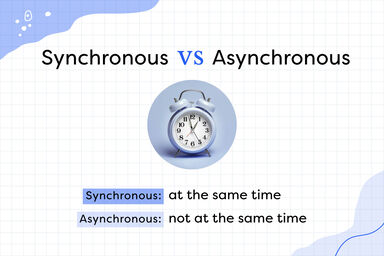The chief authority for the reign is the chronicler Flodoard.
We need not suppose that the Chronicler quotes from the Psalter or vice versa, the matter which they have in common being probably derived from certain traditional songs current among the Levitical singers.
In the foregoing account only those particulars which bear directly on Villehardouin himself have been detailed; but the chronicle is as far as possible from being an autobiography, and the displays of the writer's personality, numerous as they are, are quite involuntary, and consist merely in his way of handling the subject, not in the references (as brief as his functions as chronicler will admit) to his own proceedings.
One cannot avoid the suspicion that in this instance the Hebrew chronicler purposely phrased his account to convey the impression that Sennacherib's tragic end was but the slightly delayed culmination of the punishment inflicted for his attack upon the "chosen people."
The same linguistic criteria recur, and the interest in lists and genealogies, in priests and Levites, and in the temple service point unmistakably to the presence of the same hand (the so-called "chronicler") in ChroniclesEzra-Nehemiah.





